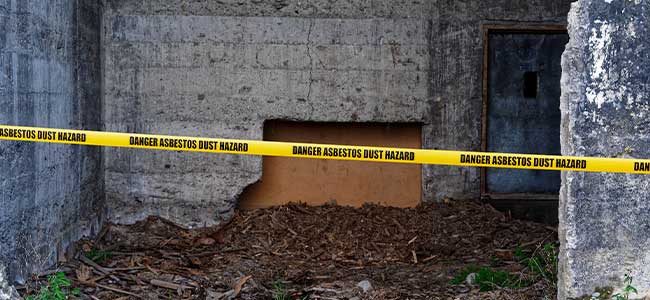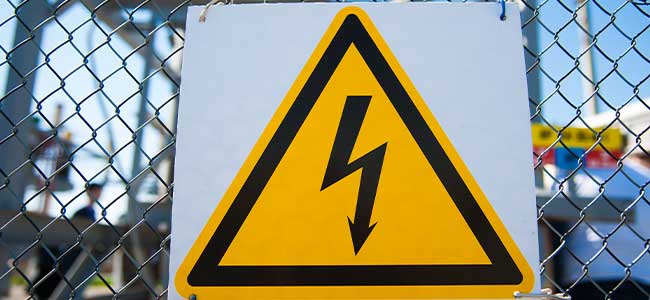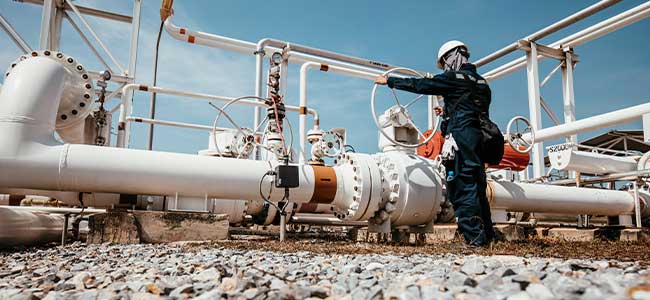
Implementing essential workplace safety standards is crucial for preventing accidents, ensuring compliance with regulations, and safeguarding employees' health and well-being.

Indoor air quality monitoring, through effective sampling protocols and data analysis, is crucial for identifying and mitigating hazardous pollutants in the workplace.

Integrating comprehensive safety strategies into the design and planning phases of construction projects is crucial to protecting workers and minimizing hazards.

Ensuring strict adherence to OSHA guidelines at loading docks is essential to prevent accidents, protect employee well-being, and avoid significant legal, financial, and reputational consequences.

A century after doctors first warned that asbestos was harming employees, the malignant mineral poses ongoing risks.

Implementing effective electrical safety strategies is crucial for protecting workers and maintaining operational integrity in industrial environments.

Workplace safety is crucial for protecting employees, enhancing productivity, boosting morale and driving financial benefits through reduced accidents and improved company reputation.

The organization teamed with global technology firm SafetyCulture on this effort.

Doskocil Manufacturing Inc. received one willful violation and eight serious violations, totaling $278,851 in proposed penalties.

Flood recovery presents hazards such as power loss, water accumulation and saturation of building materials and electrical components.

SPONSORED
Maintaining good indoor air quality (IAQ) is crucial for the safety of employees, the efficiency of operations and adherence to regulatory standards. However, it is a constant challenge for manufacturers.

The study defines human sustainability as “the degree to which an organization creates value for people as human beings.”

The participating organizations represent nearly 2.9 million employees worldwide.

The organization’s heat stress resources include an instructor-led training module.

The awards were presented at MEMIC Group’s recent annual meeting of policyholders.

Employers in the oil and gas industry need to leverage automation to enhance the safety of lone workers, who face significant risks in remote and isolated job sites.

The national campaign aims to reduce trench-related fatalities and injuries.

The Illinois-based construction company now faces $264,407 in proposed penalties.

Heat stress is increasingly threatening the health and productivity of millions of workers globally, necessitating urgent action from policymakers, employers and workers.

The study links diversity, equity and inclusion to reducing musculoskeletal disorders.